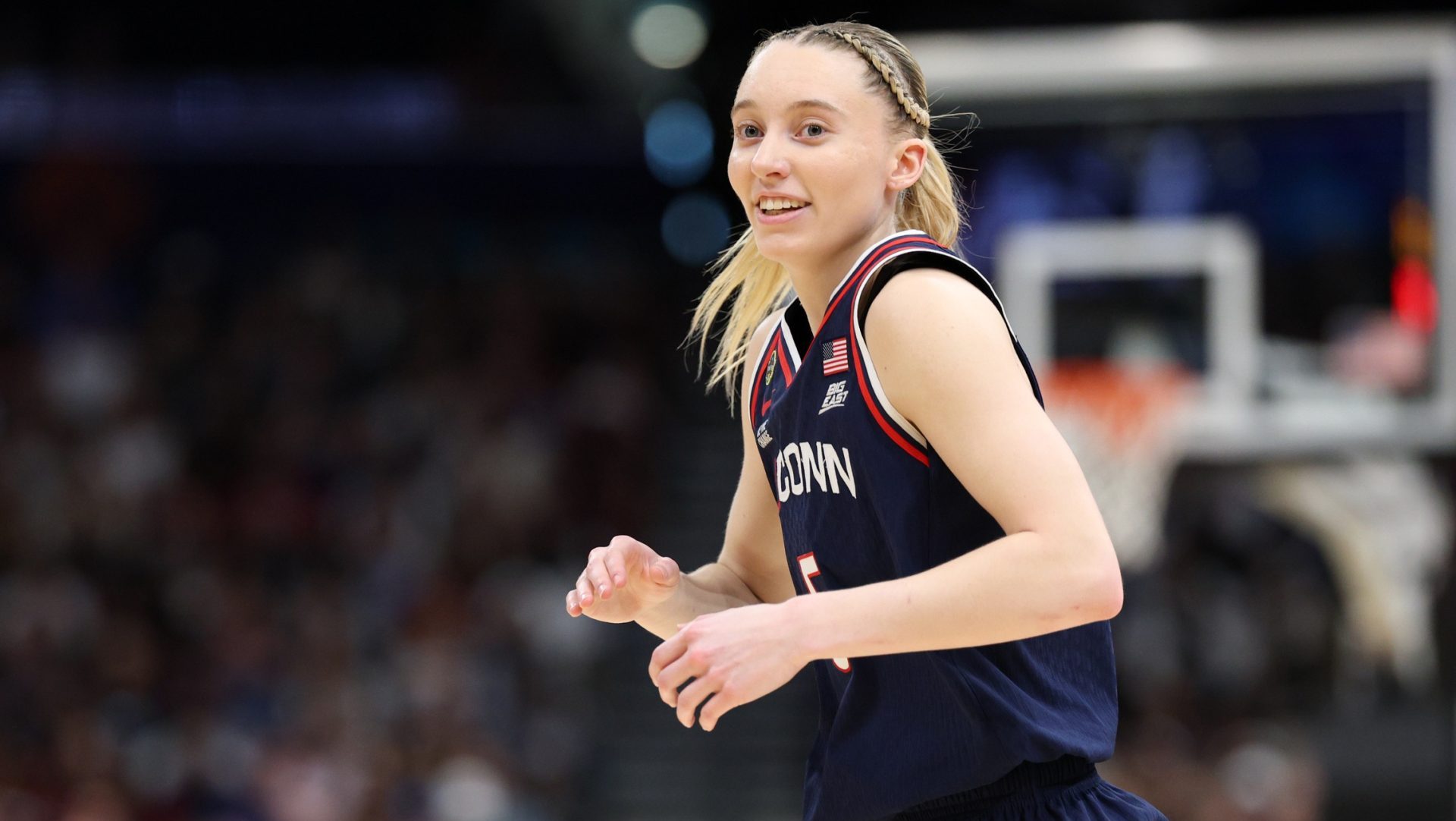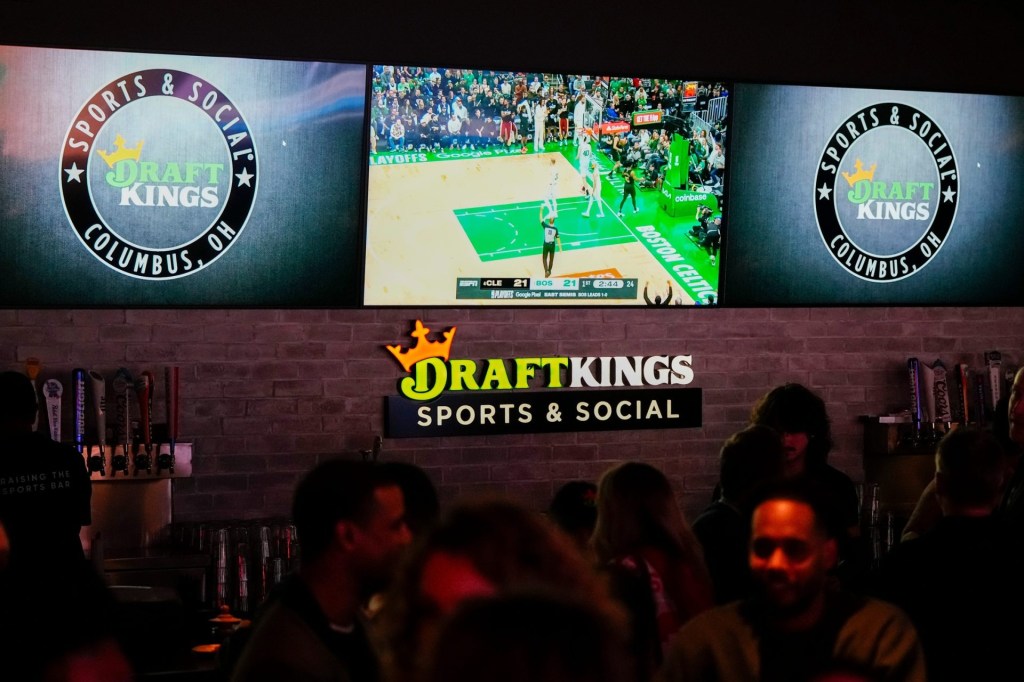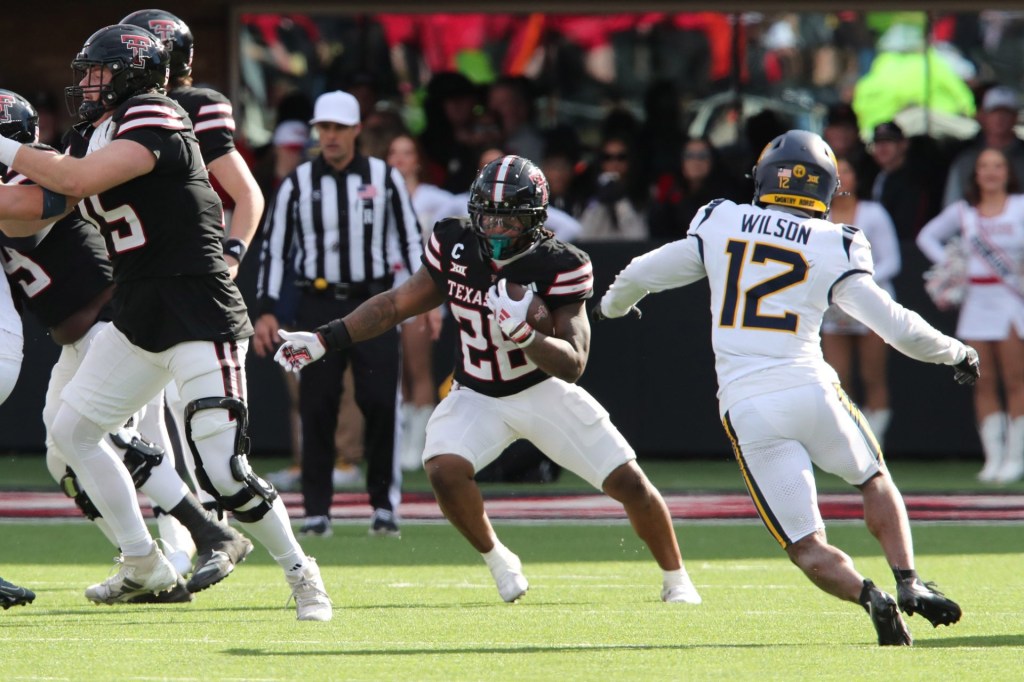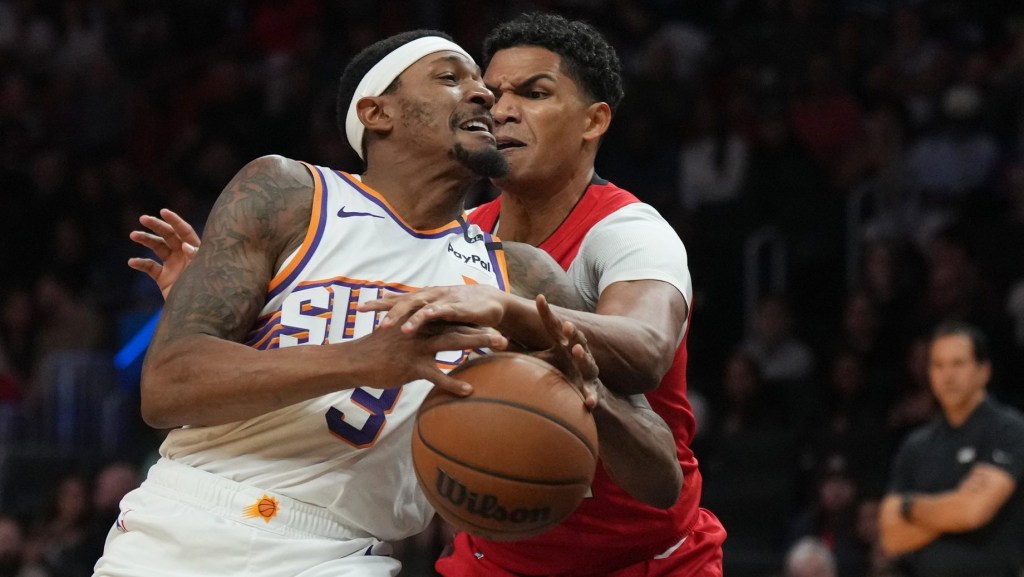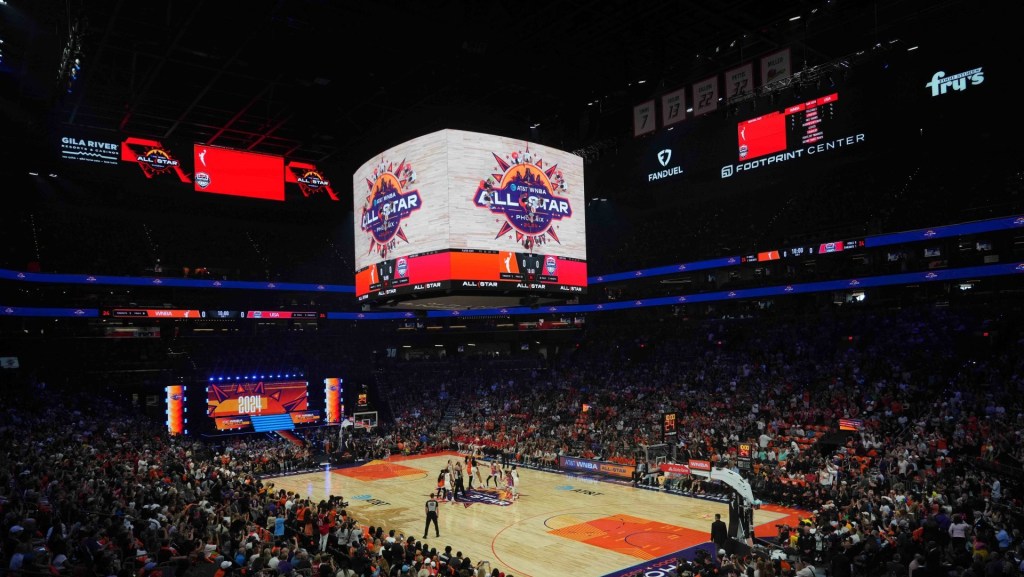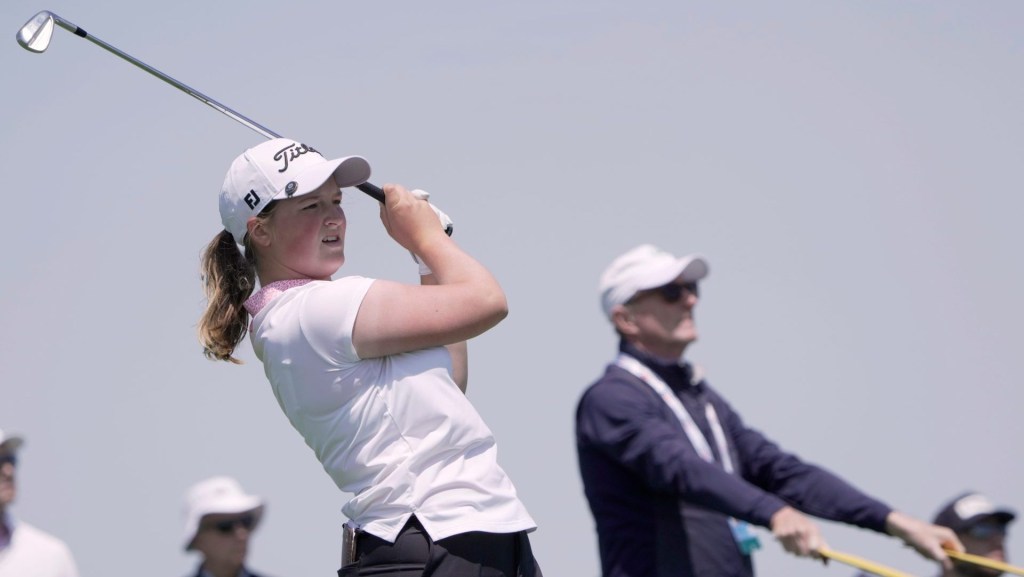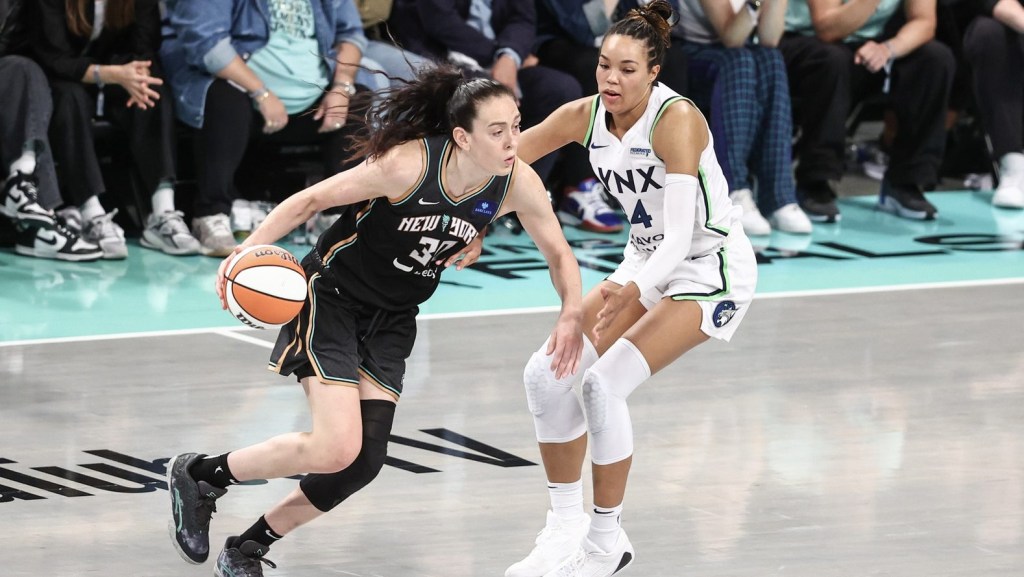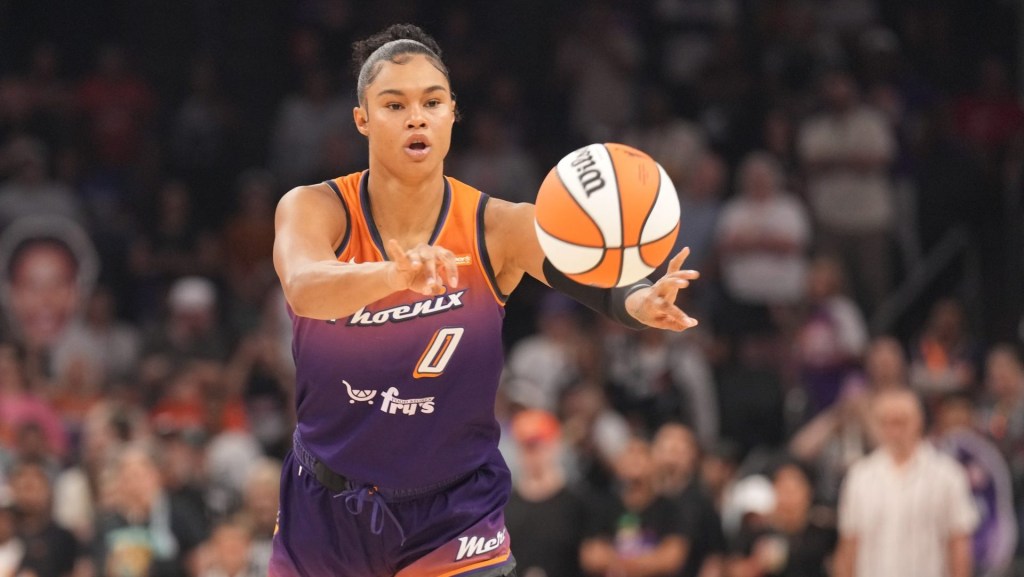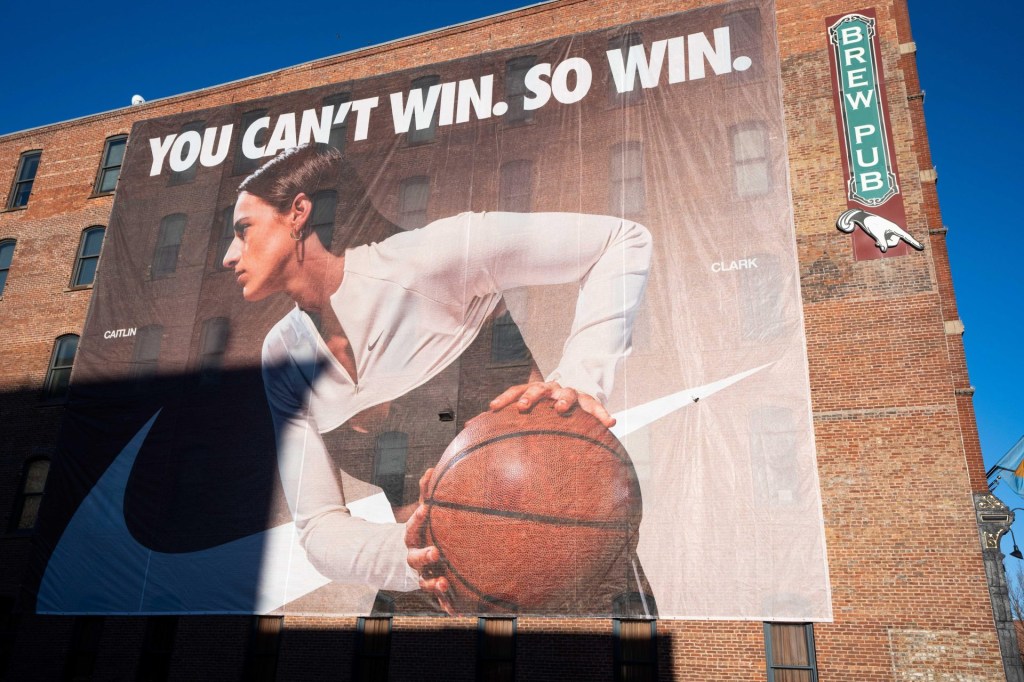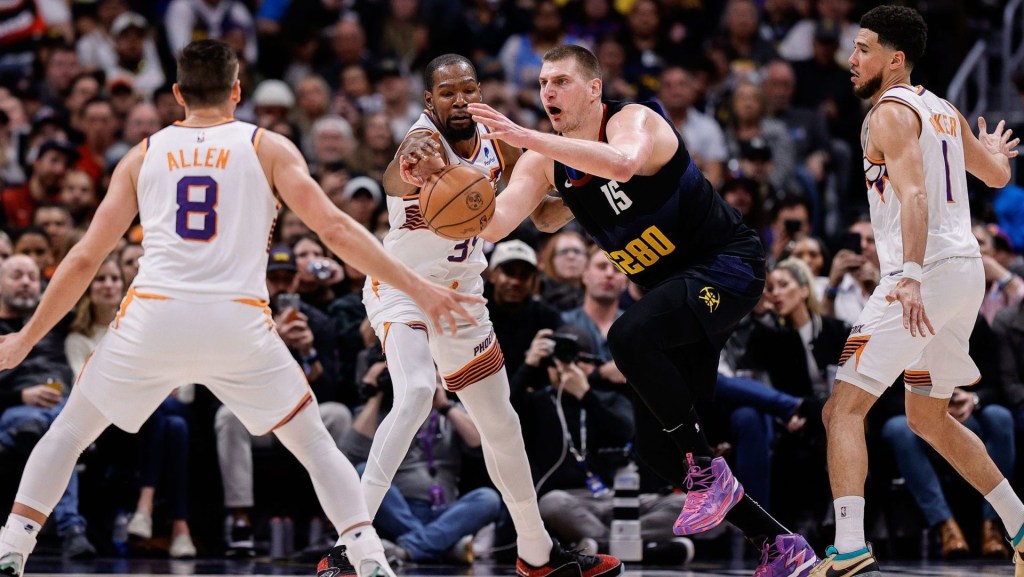Paige Bueckers is the presumed no. 1 pick in Monday night’s WNBA draft. Barring any last-minute trades, the newly minted NCAA champion will land in Dallas, where she’ll share a backcourt with four-time All-Star Arike Ogunbowale and 2024 All-Defensive first-team member DiJonai Carrington.
Drafting Bueckers not only stands to shift the trajectory of the Wings’ competitive future, but also the team’s foothold in a Dallas-Fort Worth sports landscape that values football far above all else.
“This is the grand opportunity for this franchise,” Richard Alm, economics professor at SMU, tells Front Office Sports. “They’ve already started to think about becoming a bigger force in the economy here. If she arrived some other time in Wings history, they may not have been able to capitalize. I’ll put it this way: The Wings better not blow this.”
Bueckers will arrive in Texas a year before the franchise is set to move to downtown Dallas. They are currently based in Arlington, where they practice and play at College Park Center. The city of Dallas is funding the Wings’ new $54 million practice facility, which will be next door to the team’s freshly renovated arena, the Dallas Memorial Auditorium. The city is also paying for the $200 million renovations to the Auditorium, and providing a $19 million incentive package to the Wings to make the move in 2026.
“Our building is currently attached to the Dallas Convention Center,” Wings CEO and managing partner Greg Bibb said in a prior interview with FOS. “The Convention Center is being demolished and on its footprint will be a 30-acre redeveloped part of downtown Dallas. Then there’s a new $3-to-4 billion Convention Center that’s being built. We are not only moving to Dallas, we are moving to … the heart of the region in the hottest part of the city in terms of development for the next decade.”
There’s precedent for the arrival of a star to shift the economic landscape of not only a WNBA franchise, but its host city, too. According to a report from ESPN, 2024 Rookie of the Year Caitlin Clark was credited for having a $36 million impact on the Indianapolis economy. She also accounted for nearly 27% of the WNBA’s economic activity last season.
Bueckers’ arrival is big, but it likely won’t have the same financial impact in Dallas, says Alm, mainly because the two markets aren’t commensurate with each other.
The Bureau of Economic Analysis reported that the Indianapolis metropolitan area GDP was just under $200 billion in 2023, making Clark a giant fish in a tiny pond. By comparison, the Dallas-Fort Worth Metropolitan area GDP was just less than $700 billion in 2022, accounting for 3% of the total U.S. metropolitan GDP.
The impact of the area’s sports franchises is a drop in the bucket compared to the economy’s overall value—even for a business as big as the Cowboys. According to Younger Associates, the Cowboys pour in an estimated $213 million annually to the Dallas-Fort Worth metro area economy annually due to various factors including job creation and team revenue.
Instead of moving the overall economy, the impact of Bueckers’ arrival in Dallas will be more localized, Alm says. Restaurants, bars, and hotels near the arena will see an increase in business. Where he believes Bueckers could have the most significant impact is on helping the Wings reach cultural relevance in the area.
“We just lost our basketball darling,” Alm says, referring to Luka Dončić. “People are absolutely pissed. It’s a tremendous opportunity for the Wings and Paige Bueckers to really make an impact. The underlying sports zeitgeist is open.”
